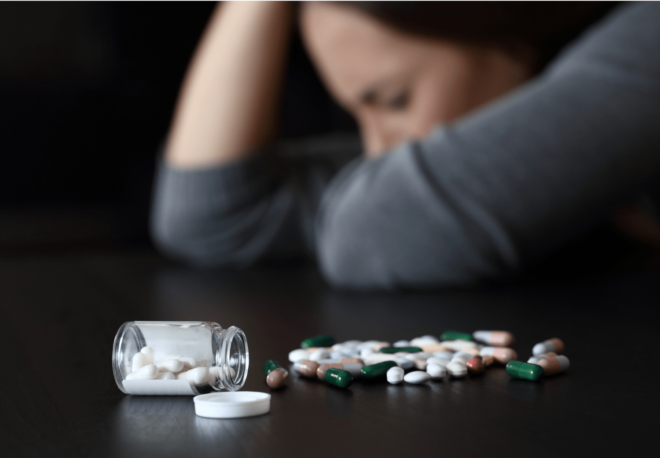The Wellcome Global Monitor Report for 2020 highlights the perceived importance of mental health and the lack of confidence people have that science can come up with solutions.
In October the Wellcome Trust released the 2020 Global Monitor in collaboration with Gallup covering three key aspects in public perception:
- the importance of mental health for overall wellbeing.
- the role of science in understanding mental health and finding solutions to anxiety and depression.
- the different approaches used to manage their anxiety or depression and the perceived helpfulness of those approaches.
The report was based on telephone interviews with nationally representative samples (aged 15+) in 113 countries and territories, conducted between August 2020 and February 2021 in a non-anonymous fashion. Here are some of the key results from the report.
Mental health is as important as physical health for wellbeing
92% of the sample thought that mental health was as (46%) or more (46%) important for wellbeing compared to physical health. Interestingly, this breakdown varied across demographics. In low-income countries, 58% said mental health was more important to overall wellbeing, compared to only 28% of people in high-income countries. This was a surprise considering that mental health is far more talked about in high-income countries.
But science can’t do much to explain how feelings and emotions work
Only 27% – less than a third – of the sample thought science can do ‘a lot’ to explain how feelings and emotions work. Likewise, only 31% of people thought science can help us treat anxiety and depression. In contrast 46% thought science could do a lot to explain how the human body works and particularly 53% and 49% thought science could help explain infectious diseases and cancer, respectively. This means that the majority of people don’t really have much confidence in science.
Young people have a far higher lifetime prevalence of anxiety and depression
Worldwide 19% (so approx 1 in 5) said they had experienced being so anxious or depressed in their lives that they could not continue their regular daily activities they normally did for two weeks or longer. Interestingly, even though older people would have had more time to have such experiences, they were less likely to have had this experience compared to young adults. Young adults in high-income countries were the most likely to have said they have experienced this level of anxiety and depression (24% of those aged 15-24 and 26% of those aged 25-34, compared with 18% of those aged 35 and older). This is also a pattern we see in the Mental Health Million Project, where it’s young adults who have the greatest prevalence of mental health challenges (see related post – The generational decline in mental wellbeing).
Talking to friends and family tops the list as the most helpful antidote
The top 3 things that people did to help themselves feel better were talking to friends and family (78%), improving healthy lifestyle behaviors (73%), and spending time in nature or the outdoors (71%). At the bottom of the list were engaging in religious or spiritual activities (43%) talking to a mental health professional (43%) or taking prescribed medication (49%). Making changes to personal relationships or work situations were in the middle (62% and 53%, respectively). People who had experienced anxiety or depression had tried, on average, 4.7 of the eight actions listed in the survey to make themselves feel better, suggesting a potential trial and error, or combination of approaches overall. In general, the report notes, the approaches that people most commonly tried, were also those that they found most helpful.
The order of these varied slightly across regions where people in low-income countries were more likely to choose religious or spiritual activities, while those in high-income countries were more likely to choose taking medication and talking to a mental health professional.
Where do we look for solutions?
No surprise that virtually everyone thinks mental health is enormously important. It is also no secret that science has come up short in terms of treatments for mental health and therefore not terribly surprising that the majority of the global populace has little confidence in science to come up with solutions. So where do we go from here?
Yet at least some solutions are in plain sight – the need for more preventative approaches that address underlying societal drivers. In the end talking to friends and family and living a healthy lifestyle beat out medications. How do we counter the societal shifts that keep us from engaging in these two key elements of wellbeing?
See related posts Poor Help Seeking Behavior in Mental Health Shines a Light on Research Failings and Two People with Depression: Empirical Symptom Profiles versus DSM-Classifications
You can read the full Wellcome Global Monitor report here.

